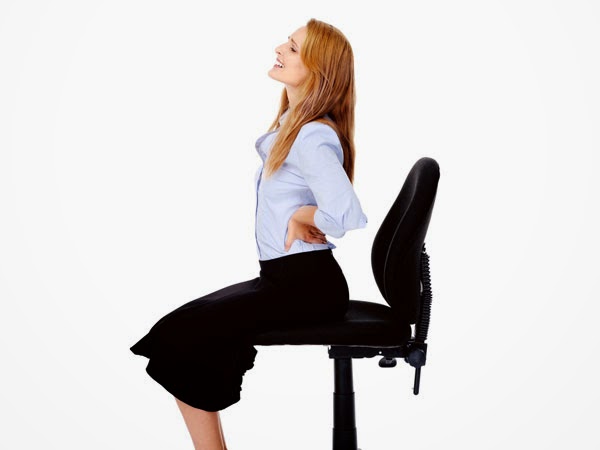Diane Fassel, PhD, an Organizational Consultant has said,
"A workaholic will die faster than an alcoholic any day ".
Gone are the days when it was honourable to "work your butt off ", now psychologists have raised the red flag on workaholism.
But how do you know if you are a workaholic and not just a hard worker? You see yourself as being passionate about what you do and are always willing to put in your best at all times.
Yes there have been and still are debates on if being a workaholic is a psychiatric disorder, but impressions are gradually changing.
The truth is that the workaholic is actually "out of control " contrary to the impression he actually tries to portray. Workaholism is a defensive behaviour or cover up for underlying conditions. Anxiety, depression, low self esteem, intimacy issues may not be unconnected with this disorder.
It is an addiction, an obsessive-compulsive disorder and should not be confused with working had or putting in long hours. The adrenaline surge the workaholic feels gives an illusion of a "high level of energy ".
You are likely to be a workaholic if most of these signs describe you:
- Do you feel drained of energy and purposeless when not at work?
- Do you dread vacations and find it difficult to go on breaks or dream about work even while on vacation?
- Do you have trouble delegating tasks?
- Do you find it difficult getting along with other colleagues?
- Are you addicted to power and control?
- Are you unable to maintain relationships outside of work (like family and friends )?
- Do you have difficulty loosening up, relaxing or just having fun?
Other physiological or psychological symptoms are :anger, depression, anxiety attacks, stomach and head aches.
If you clearly see yourself in this picture then you definitely need help.
It's important to note that workaholics gradually become less productive; they take up more than they can handle, won't delegate because they feel no one is good enough and crash out of exhaustion. All they had was an "adrenaline high" and this gradually starts to tell on their bodies.
Family and friends have the responsibility of helping these workaholics seek help as most will rarely admit they have a problem.
If you feel you are a workaholic seek help from a psychotherapist. The workaholics anonymous website is also a good place to start.

















